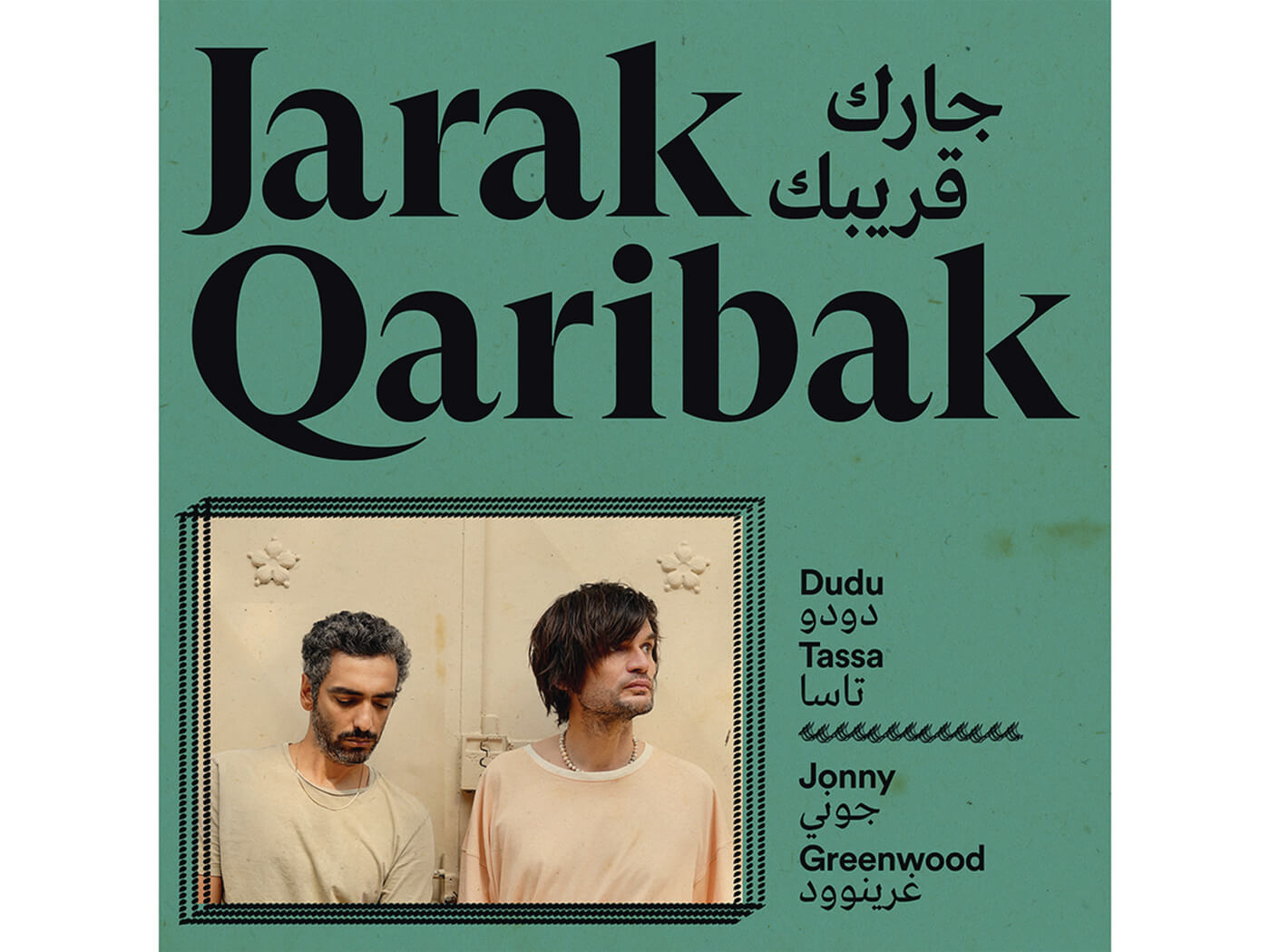The Middle East is, to put it lightly, a complex region; especially so if you expand your view to include Arabic North Africa and the land stretching across to the Oxus, most of which comprises the ‘Middle World’ according to writer Tamim Ansary. It’s an area that’s been crucial to humanity, historically a cradle of civilisation, culture and learning, yet in recent centuries it’s been repeatedly failed, pillaged and divided by poor rulers and imperialist outsiders.
Yet one thing that vaguely unites the Middle East, despite its myriad peoples and cultural currents imprisoned in often arbitrary national boundaries, is music. Most strikingly, their strong modal sense, with melodies slipping fluidly between major and minor keys, and their use of quarter-tone tuning, can make conventional Western melodies and harmonies sound more than a little stiff. Only the ‘blue note’ in blues comes close to the ache and bittersweet longing found throughout Middle World music.
It’s little surprise, then, that Jonny Greenwood has come to be fascinated with this music; always an intrepid musical explorer, he’s further connected to it through his marriage to Israeli artist Sharona Katan. “It’s such passionate music,” he tells Uncut. “[The tunings] just sound right to me: perhaps they were exotic – a horrible word – when I first heard them, but now they’re just… correct.”
He has form with this kind of thing, as on Junun, a 2015 collaboration with Israel’s Shye Ben Tzur and India’s Rajasthan Express. This outfit supported Radiohead live after A Moon Shaped Pool’s release, along with another group, Dudu Tassa & The Kuwaitis. A Tel Aviv rock singer-songwriter, Tassa is descended from the Al Kuwaiti Brothers, pioneering musicians in Iraq and Kuwait who moved to Israel in the ’50s. His Kuwaitis project covers and updates the work of his grandfather and great-uncle, but here he and Greenwood cast their eyes over the whole of the Middle East, excavating often-obscure songs from the past 70 years (including by Tassa’s ancestors), and recruiting eight phenomenal singers from different MENA countries to interpret them in their own way. So, for instance, there’s UAE’s Safae Essafi interpreting an Israeli song, Iraq’s Karrar Alsaedi taking on a Yemeni piece and Tassa himself singing a Moroccan song. Greenwood and Tassa have been keen to make clear that these are love songs rather than protest anthems. Indeed, the album – its title translates as ‘Your Neighbour Is Your Friend’ – is an open-hearted, optimistic reminder of what unites the region in the face of the kind of oppression that’s seen at least one of these vocalists suffer historically due to their choice of collaborators.
While the vocalists are the focal points on Jarak Qaribak, Greenwood and Tassa provide many of the most important textures here. Every song is built on drum machines and buzzing modular synths, recorded in Oxford – a subtle electronic tapping is the first sound we hear on the opening “Djit Nishrab”, an Algerian song performed by Egyptian Ahmed Doma, while “Ya ’Anid Ya Yaba”, a Jordanian song sung by Syrian artist Lynn A, stutters into life with a collapsing drum-machine clatter. Most of the nine tracks here blossom into rich layers of sound, often led by echoed spirals of ragged, picked electric guitar and funky, overdriven bass. Both recall Greenwood’s work in The Smile – that band’s “A Hairdryer” could have slotted into Jarak Qaribak without issue – so it’s surprising to learn that Tassa and Greenwood shared guitar and bass work.
On top of this more modern bed are traditional instruments, including qanun, oud, brass, percussion and copious Arabic strings (not, this time, arranged by Greenwood). The pair mostly resist the temptation to take the spotlight, leaving the eight singers to weave their spells. To Western ears, of course, they share many qualities, but there are striking differences: Baghdad’s throaty, passionate Karrar Alsaedi is heavy on the microtones, Sfax’s Noamane Chaari and Zaineb Elouati are pleasingly reserved and keening, Aleppo’s Rashid al-Najjar is impassioned and gloriously untethered, and Palestine’s Nour Freteikh and Dubai’s Safae Essafi are breathily, beautifully melismatic. The latter’s “Ahibak” (‘I Love You’) is perhaps the record’s highlight, a seductive slice of Levantine R&B, its syncopated beat fighting through droning horns, echoed stabs of strings, jangling qanun and Greenwood’s dub effects.
The importance of the vocalists is underlined by the spoken introductions to each song, with the title of the track, the singer’s name and their city of origin. It’s a throwback to the same practice on some of the old recordings Greenwood and Tassa love, and a sign of their reverence for this music. That Jarak Qaribak manages to combine that respect – for the songs, the singers and their various cultures – with a free-flowing, light sense of exploration that feels joyfully current, is its triumph.

